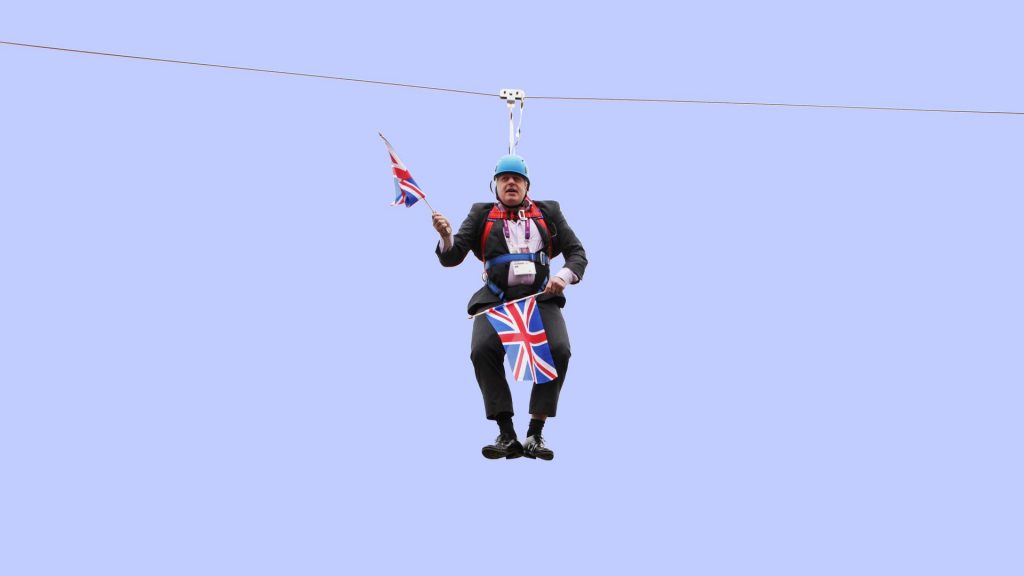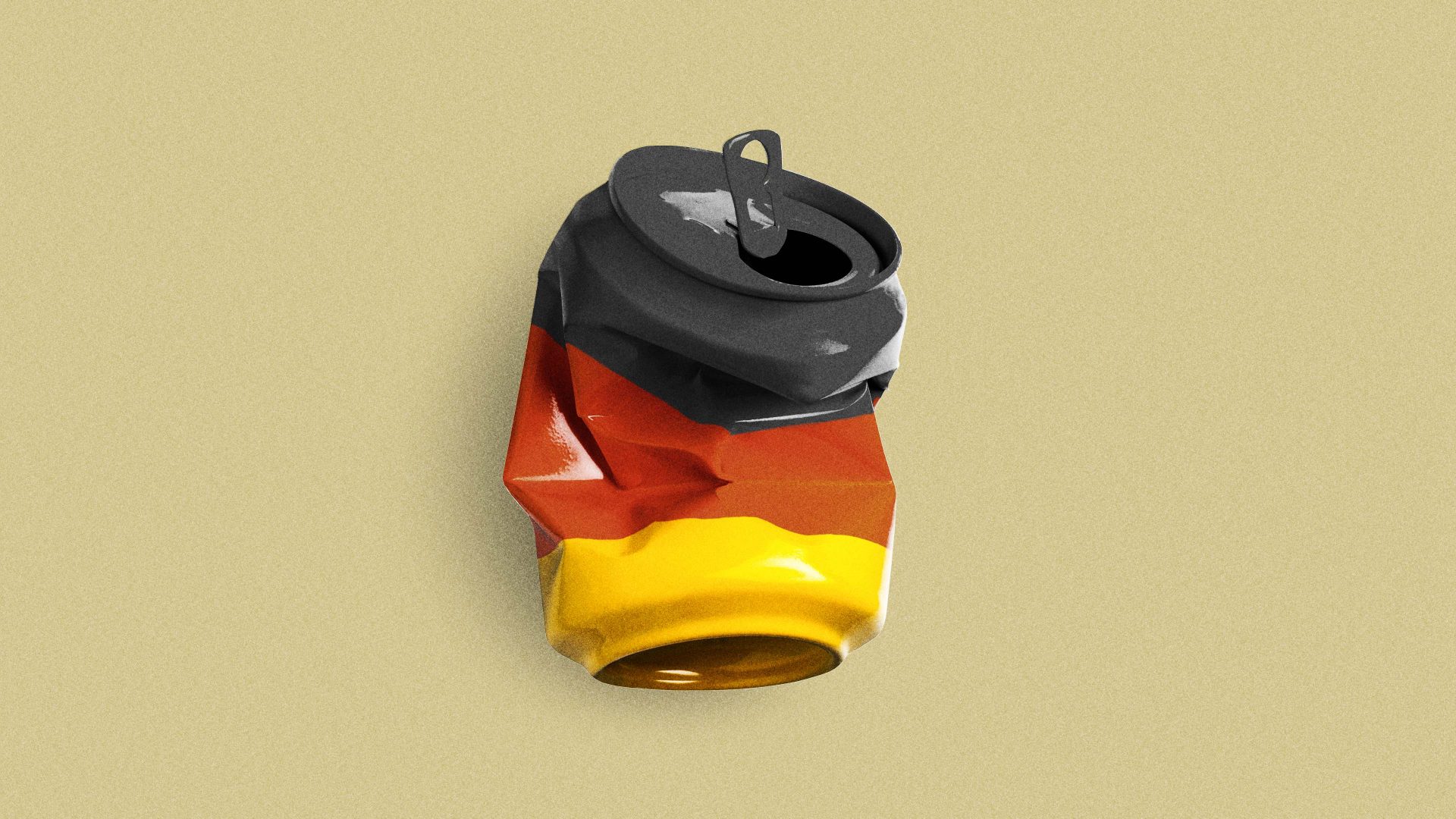David Pannick KC deserves his reputation as one of the country’s most brilliant lawyers but even he needs a smidgen of raw material to conjure into a persuasive argument. The 52-page “rebuttal” document that Boris Johnson submitted to the House of Commons Privileges Committee on Monday evening does not rank amongst Lord Pannick’s finest works.
In 2019, Pannick mounted a legal challenge of such force that it thwarted the government’s attempts to prorogue parliament. That government happened to be led by Boris Johnson. But this latest offering has none of that argument’s persuasive power. Instead, what characterised the attempt to defend Johnson against allegations that he knowingly or recklessly misled Parliament was not reason but outraged bluster. The character of the former prime minister booms from the page. He is outraged at the Committee’s suggestion that it might have been “obvious” to him that gatherings with food and wine were breaking Covid rules. “If it was obvious to me that the rules and guidance were not being followed, it would have been equally obvious to dozens of others who also attended the gatherings I did,” he harrumphed. That others might also have been breaking the rules does not amount to a defence, but in the Johnson book of excuses it obviously comes close.
He was still squawking the same stuff when he appeared before the Privileges Committee. But what he said, and to a large extent, whatever the committee and then Parliament decides as a result, is largely irrelevant. Because to most of the public, it is blindingly obvious that these gatherings were in breach of the rules that Johnson himself laid down and to which they adhered for the sake of the greater good. They will not forgive him.
It was ironic that, on the day he appeared before the committee to profess that he “would never have dreamt” of intentionally misleading Parliament, Johnson was among the few who voted against the Windsor Framework. In the company of such luminaries as Jacob Rees-Mogg, Iain Duncan Smith and Liz Truss, he joined the scrag end of the European Research Group in a vain protest against the remarkable deal agreed by Rishi Sunak and Ursula von der Leyen to ease Northern Ireland’s relationship with the EU.
This is necessary because, as had been all too obvious to most commentators, Brexit would inevitably cause problems for Northern Ireland, the only part of the UK to share a land border with the EU. If the Single Market were to remain sacrosanct, then there would have to be a border with the UK. Yet Johnson repeatedly proclaimed that there would be no border. On the streets and in Parliament, he continually argued that the deal he and his chief Brexit negotiator David (now Lord) Frost agreed with the EU would not create tension that could jeopardise the peace in Northern Ireland. This was simply not true.
Frost has now effectively admitted that the deal did not solve the Northern Ireland issue, but he maintains that signing it was the only way to “get Brexit done”. Johnson knew that he was selling the country a lie, potentially one that could do huge damage to the island of Ireland. That did not stop him.
The concept of truth has never seemed to be of great import to the former PM. As a reporter, he peddled fictions, and he continued to do so as a politician. The then leader of the Conservatives, Michael Howard, sacked him for lying to him about an affair. Eventually, his second and long-suffering wife did the same.
Yet Johnson’s fans were unperturbed by his untruths. As he headed to the Privileges Committee, the ever loyal Daily Mail ran a leader declaring that “vindictive opposition parties and unforgiving Remainers mercilessly drummed him out of office – now they’re trying to hammer the nails into his coffin”.
This is a Johnsonian rewriting of history. The truth is that Johnson had to stand down when more than 50 of his ministers resigned, not in belated protest over Brexit but over the inescapable fact that he had lied over the Chris Pincher debacle. Pincher, the government’s deputy chief whip, had been accused of inappropriate conduct. Amidst suggestions that he must have been aware of Pincher’s dubious reputation when he put him in that post, Johnson responded characteristically: he lied. He sent ministers out to sit and squirm as they repeated his falsehoods. It was only when the former top civil servant, Lord McDonald, revealed that he had briefed a senior official in the Cabinet Office about Pincher before he became deputy chief whip, and he categorically knew that that official had briefed Johnson, that the PM began to concede that he might have had a memory lapse.
It was this episode which persuaded Johnson’s colleagues that he had to go. By comparison with his many other misdeeds, it was hardly the worst but it convinced ministers such as Sajid Javid and Rishi Sunak that he had become a liability rather than an asset. Those who had been inveigled to do the media rounds churning out obfuscations on his behalf were rightly aggrieved. Politicians may not all be the most upright of citizens but they do tend to have a sense of their own dignity – Matt Hancock excepted – and being forced to spout patent nonsense to interviewers is not a good look.
Most of the public had reached the conclusion that Johnson should go long before the Pincher affair. It was Partygate that poisoned their view. Throughout the pandemic, Johnson had lectured the nation on how we should behave. Draconian laws were passed; families kept apart; children were denied school; the elderly died alone. The revelation that, as human misery mounted, Number 10 was having fun, occasioned genuine fury.
Johnson’s pathetic attempts to deny what the pictures make clear has only enhanced the anger. Those who lost family members due to Covid have raised some of the loudest criticism and continued to do so as Johnson gave his “evidence”.
It was unconvincing, bordering on pitiful. His plaintive lament that no one sang Happy Birthday and no cake was eaten will not persuade an omnibus rider that the gathering in the Cabinet Office on his birthday was within Covid rules. For “a work event” at which, he claimed, “the primary topic of conversation was the response to Covid-19,” it was surely unnecessary to have in attendance one’s wife, child and interior designer.
Yes, the purveyor of the extraordinarily expensive gold wallpaper that adorned the Johnsons’ flat also happened to be present when the hapless PM was ambushed by a cake. But he has made a habit of mixing his political and personal worlds. Jennifer Arcuri, an ambitious American businesswoman, became Johnson’s mistress when he was Mayor of London. She managed to go on trade missions led by Johnson, and benefitted from Greater London Authority sponsorship for her business.
When this happy coincidence came to light, the tabloids enjoyed themselves but the public seemed prepared to tolerate it. Johnson was still being indulged as the lovable rogue, dallying with a string of women but fun to have around.
But he is just a shameless rogue, prepared to use the power of his office in reward for favours. As foreign secretary he attended a party at a former KGB chief’s palace in Italy, turning up somewhat dishevelled at the airport the next morning, devoid of any security retinue. The former KGB man owns the Evening Standard, a paper that was very supportive of Mayor Johnson, and his son, Evgeny, is now a peer with the unlikely title of Baron Lebedev of Hampton and Siberia.
The long time editorial boss of the Daily Mail was also due for some of Johnson’s largesse with public appointments. He tried hard to shoehorn Paul Dacre into the crucially important job of chair of Ofcom, but an independent assessment panel rejected him. An effort to make him chair of the BBC also failed. Instead, the former Goldman Sachs banker Richard Sharp got the job, which is in the gift of the Prime Minister. And now that appointment is being called into question because it transpires that Sharp was instrumental in fixing an £800,000 loan to bail out Johnson from his then financial difficulties. So just when the BBC is in need of a strong advocate in the chair’s role, it has someone in that post who has been silenced after a lambasting by a commons select committee and now subject to two separate inquiries into how his appointment came about.
The charge sheet against Boris Johnson continues to grow. Before the Privileges Committee reaches its verdict, the country will be presented with Johnson’s resignation honours list. Apparently this has been slimmed down to around 50 names, of which Paul Dacre is one. But one can only wonder who on earth would wish to be on the list for preferment by such a tarnished character?
The damage Johnson has inflicted on the country is deep and it will be lasting. Apart from the costs of a Brexit in which he never really believed, he has pushed through a raft of legislation which has gravely curtailed civil liberties in the UK. While declaring that he was “taking back control” from Europe for Parliament, he has seized far more power for the executive at the expense of the democratic process.
This is far more serious than Partygate. But much of the media has shown little interest in these aspects of the Johnson era and the public generally is unmoved by parliamentary processes. What it will not tolerate, however, is being treated with contempt by its leader.
That is why Johnson is finished. Only the most blinkered and desperate Tory could now view him as a vote winner. Amazingly, there are still a few of them around but not enough to make the prospect of another Johnson premiership anything other than a figment of his overactive imagination.




